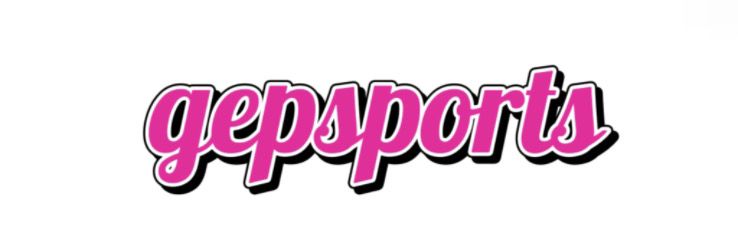Wholesale Leather Goods: Top 5 Tips for Smart Buyers
Finding reputable suppliers for leather goods can be a challenging endeavor, especially when navigating the wholesale market. With the rise in demand for quality leather products, buyers need to be well-informed to make smart purchasing decisions. Whether you’re a retail store owner or a personal buyer, here are the top five tips to guide you in selecting the best wholesale leather goods.
If you are looking for more details, kindly visit wholesale leather goods.
1. Research Suppliers Thoroughly
Your first step in purchasing wholesale leather goods is to conduct thorough research on potential suppliers. Look for established companies with positive reviews and a solid reputation in the industry. Websites such as Alibaba, ThomasNet, and even social media platforms can provide valuable insights into supplier credibility. Pay attention to feedback from other buyers to gauge quality and reliability.
2. Understand Quality Standards
When dealing with leather products, understanding quality standards is crucial. There are different types of leather—full-grain, top-grain, corrected-grain, and genuine leather—each with varying levels of durability and appeal. As a buyer, it’s essential to be able to differentiate between these types and know what fits your needs best. Ask your suppliers for samples and product specifications to better assess quality before making bulk purchases.
3. Verify Pricing and Value
Wholesale prices can vary significantly based on the supplier, leather type, and production techniques. Don’t just settle for the quoted prices; compare them with multiple vendors to ensure you are getting the best value. Remember, the cheapest option may not always be the most cost-effective in the long run, especially if it compromises quality. Negotiate pricing where possible and factor in shipping costs, especially if you’re ordering from overseas.
4. Know the Legal Implications
When importing wholesale leather goods, it's essential to understand the legal implications. Numerous countries have regulations regarding the import of leather products, particularly concerning animal rights and sustainability. Ensure your supplier complies with these regulations to avoid legal issues and potential fines. Stay updated on import tariffs and VAT considerations if you're purchasing from different countries.
5. Establish Strong Communication
Maintaining open lines of communication with your supplier is vital for a successful business relationship. Be clear about your expectations and requirements from the beginning. A reliable supplier should be responsive and willing to answer any questions you may have. Regular communication ensures transparency, helps resolve issues quickly, and builds trust between you and your supplier.
Conclusion
Purchasing wholesale leather goods can be a rewarding venture if approached with the right strategies. Researching suppliers, understanding quality, verifying pricing, knowing legal obligations, and establishing strong communication are fundamental steps. By following these tips, you’ll be well on your way to finding high-quality leather goods at a price that fits your budget.
In conclusion, the market for leather products is growing, and smart buyers must equip themselves with the knowledge to navigate it effectively. Whether you’re looking to stock your store or simply enhance your wardrobe, these insights will help you make informed decisions in your wholesale leather purchasing journey.
Contact us to discuss your requirements of Custom Branding For iPhone 16 Cases. Our experienced sales team can help you identify the options that best suit your needs.

